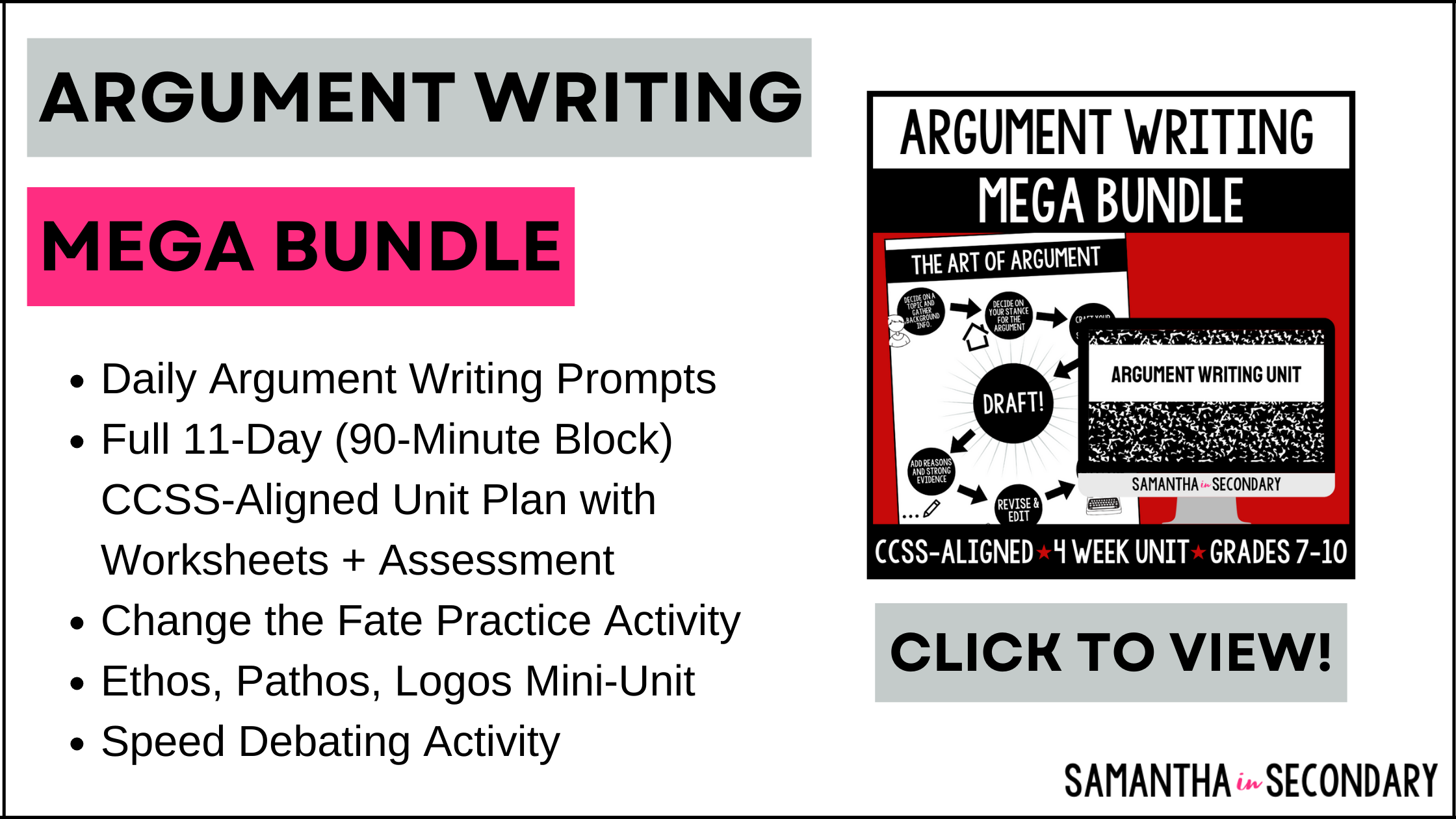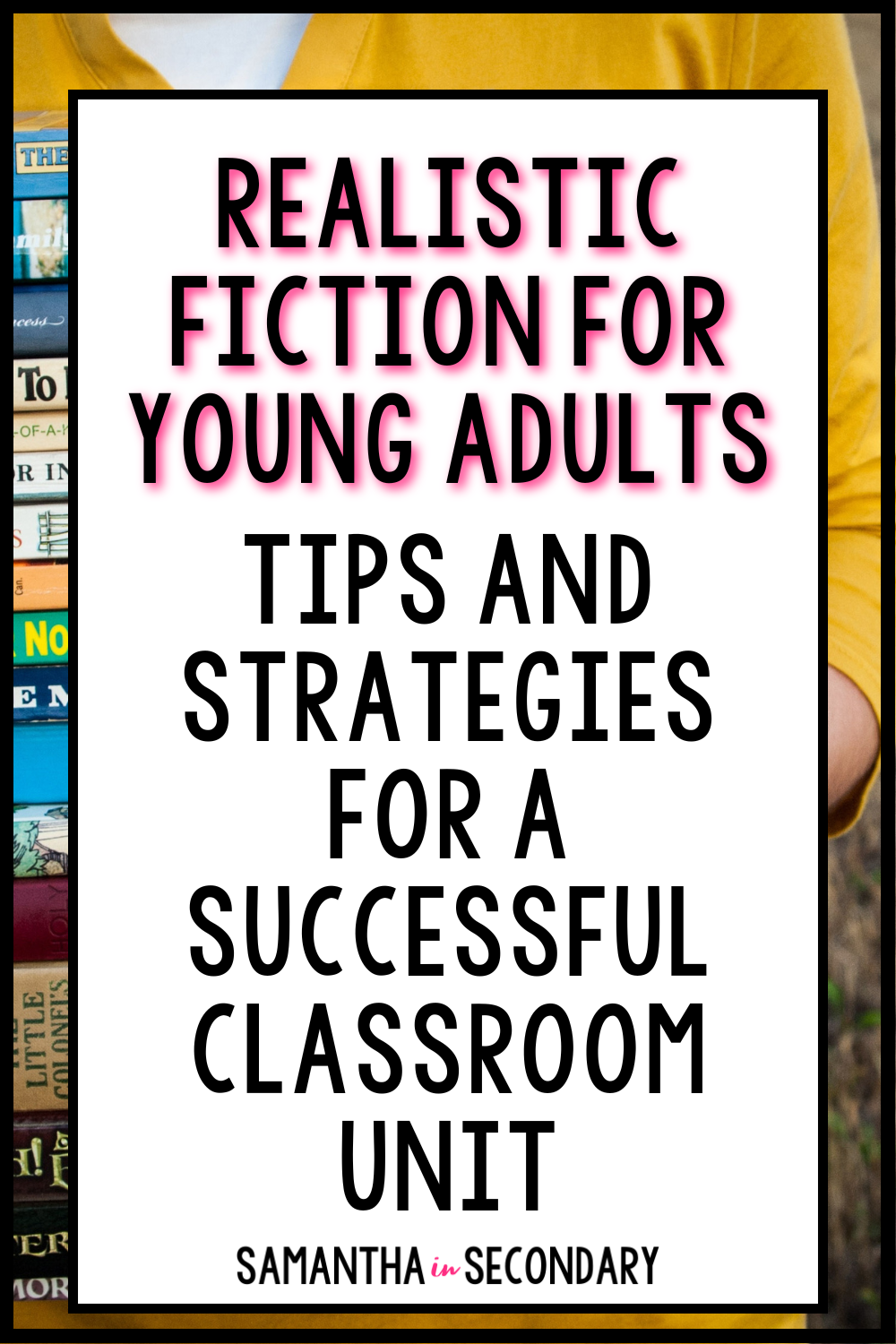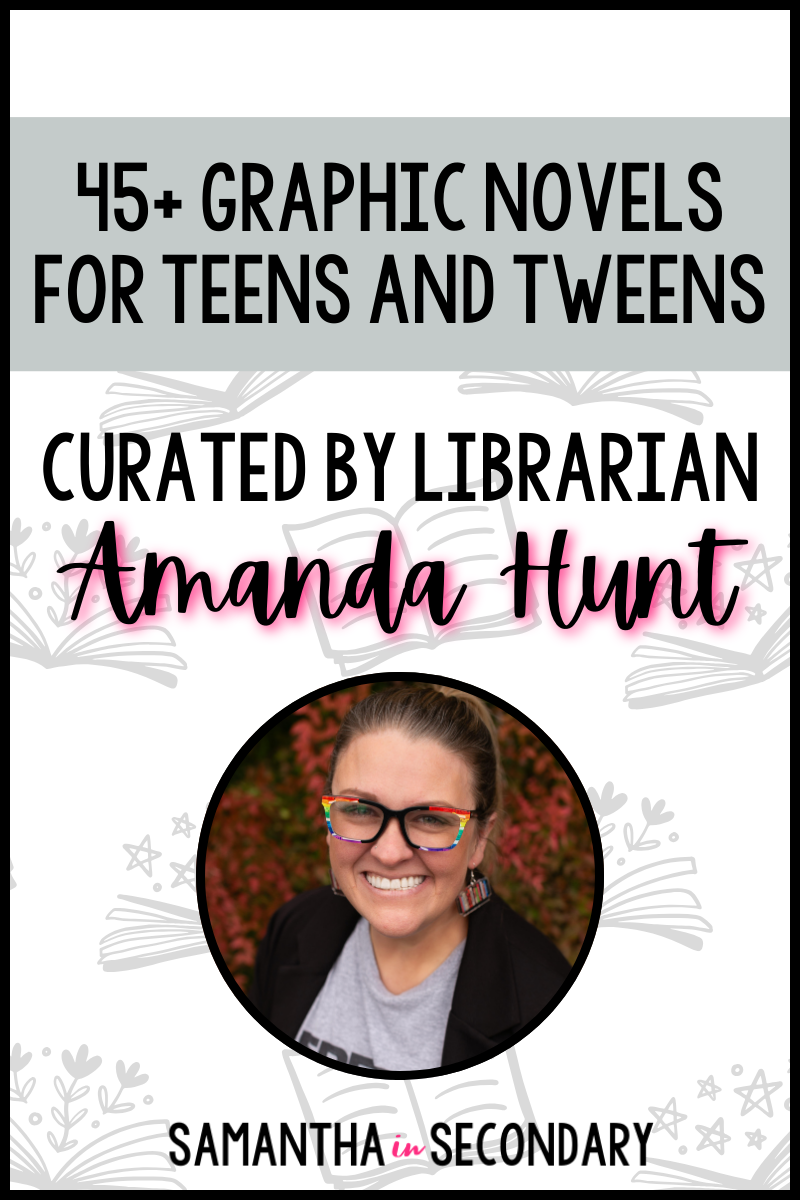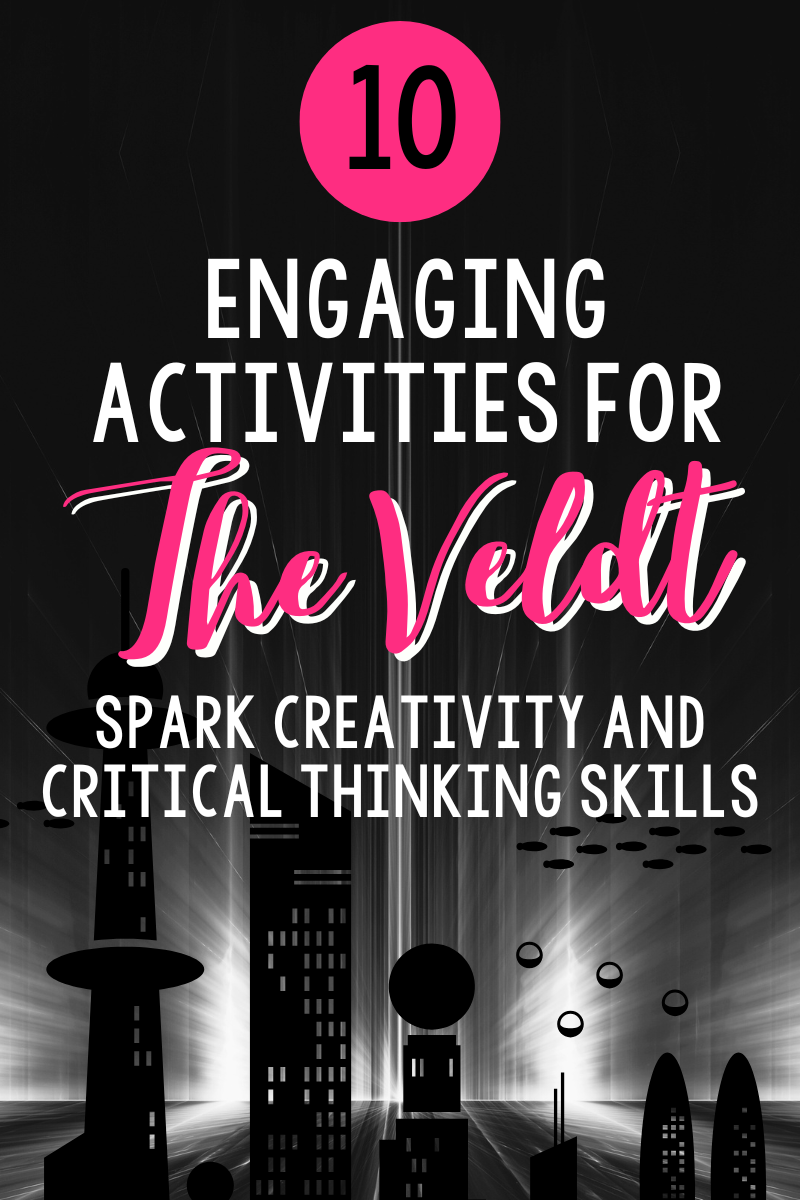When it comes to teaching argumentative writing, many teachers default to the traditional five-paragraph essay—but that doesn’t have to be the case. While structured essays have their place, effective argumentative writing instruction can include so much more than just formal papers. If you’re in the middle of an argumentative writing unit or planning one soon, it’s worth exploring creative alternatives that allow students to showcase their understanding in fresh, engaging ways.
You don’t need to assign a full essay every time you teach a skill like counterclaims, evidence, or rhetorical appeals. In fact, mixing in alternative argumentative writing activities—like persuasive letters, video responses, podcasts, or speeches—can deepen student engagement and improve overall learning outcomes. These formats still reinforce the key components of argumentative writing, but they give students more voice, choice, and authenticity.
If you’re looking to bring new energy into your argumentative writing unit, here’s why you should consider scrapping the standard essay and trying something more interactive. From quick debates to real-world writing tasks, these argumentative writing activities will help your students master the standards while having a lot more fun along the way.

Why ditch the essay?
Argumentative Writing Is a Genre, Not an Essay
What is it that you really want your students to get out of learning to write an argument?
The genre of argumentative writing can be broken down into these basics:
- The student investigates a topic.
- The student collects, generates, and evaluates the evidence.
- The student establishes a position in a concise manner.
But it doesn’t have to be a paper. If your assessment covers these basics, why not allow for some flexibility?
Your Students Could Use a Paper Break
When we assign papers, we often are not just looking for the content of the paper. We also grade for organization, fluency, spelling, punctuation, use of transition words, and a proper works cited page. Basically, we tend to grade for much more than just the content.
Some might say, “That’s just the way of English class.” But truthfully, this can be overwhelming for students. You might have heard the strategy to just grade for a few items off your rubric, but why not change the game entirely and let students work more creatively?
You Could Use a Paper Break
I’m always impressed when I see the work my students turn in, but I also like a little something different now and again. Giving my students creative options allows me a break from grading another essay with the same grading rubrics I’ve used over and over again. And I get to see a lot more insight into the way my students’ minds work and what they thrive in when I change up assessments.
10 argumentative writing activities that are NOT just another paper
If you’re looking to break away from the traditional essay format in your argumentative writing unit, you’re in the right place. While teaching argumentative writing often leads to assigning full papers, that doesn’t always have to be the go-to assessment. In fact, mixing up your argumentative writing activities can lead to more creativity, deeper engagement, and stronger understanding of the argumentative process.
Below are 10 engaging argumentative writing activities that can be used as formative assessments, skill practice, or even summative alternatives in your argumentative writing unit. Each one allows students to demonstrate their ability to construct arguments, support claims, and consider audience and purpose—all without writing another traditional essay.
#1: Letter to a Stakeholder
Have students write a persuasive letter to a real or fictional stakeholder related to the topic they’re researching. This argumentative writing activity is especially effective for reinforcing the concepts of audience and purpose. It’s a practical and relevant addition to any argumentative writing unit.
#2: Poem with a Purpose
Challenge your more creative students to make an argument through poetry. While it may seem unconventional, poetry can be a powerful medium for persuasive messaging. This twist on argumentative writing allows students to flex both their literary and critical thinking skills.
#3: Argumentative Graphic Organizer
Before diving into a full paper, have students complete an argumentative graphic organizer. This helps them map out their claims, evidence, counterclaims, and rebuttals—providing structure without the pressure of essay writing. Use this tool as a scaffold within your argumentative writing unit to help students master the foundational skills.
#4: Public Service Announcement (PSA)
PSAs are an excellent way to combine persuasive speaking with digital literacy. Students research a topic and write a compelling argument that encourages action—then deliver it in video or audio format. This argumentative writing activity bridges writing, speaking, and real-world application.
#5: Poster or Digital Flyer
Have students create persuasive posters using Canva, Google Slides, or even old-school markers and paper. This visual argumentative writing activity allows students to communicate their claims in a concise, impactful way while still practicing all the essential components of argumentative writing.
#6: Podcast
Let students become podcast hosts as they record segments presenting their arguments. This format reinforces both writing and speaking skills and is a favorite in classrooms that blend traditional and digital learning. Include this in your argumentative writing unit to get students excited about sharing their voices.
#7: Blog
Writing a blog post is a fantastic way to practice informal argumentative writing. Students can write with voice and style, share opinions backed by evidence, and connect with a digital audience. Blog writing keeps things relevant and real, making it a perfect fit for modern argumentative writing activities.
#8: Speech
Turn written arguments into speeches and bring your classroom to life. Students can watch samples, write their own persuasive speeches, and then perform them. This argumentative writing activity strengthens both written and oral communication and brings an interactive element to your argumentative writing unit.
#9: Video or Social Media Reel
From explainer videos to mock TikToks, having students present their arguments through video gives them a creative outlet and builds multimedia skills. This is one of the most engaging argumentative writing activities for students who thrive with technology.
#10: Infographic
Infographics offer a visually engaging way for students to present claims, evidence, and counterarguments. Using platforms like Canva or Piktochart, students can synthesize their research into a clear, impactful format which is perfect for visual learners and an excellent assessment option in any argumentative writing unit.
Want a done-for-you unit with engaging activities and a project that isn’t another paper?

If you’re ready to bring more energy and flexibility into your argumentative writing instruction, be sure to check out my Argumentative Writing Unit. This complete, CCSS-aligned resource includes daily writing prompts, a full 11-day lesson plan for 90-minute blocks, engaging argumentative writing worksheets, and creative activities like speed debating and a “Change the Fate” practice task. It also comes with an ethos, pathos, logos mini-unit and a variety of ways for students to show their learning beyond just writing another essay. With interactive tasks and real-world relevance, this argumentative writing unit helps students build strong argument skills while keeping them engaged from start to finish – no essay writing required.
Have you tried any creative alternatives to the traditional argumentative essay in your classroom? I’d love to hear what argumentative writing activities have worked well for your students! Drop your thoughts in the comments below or keep the conversation going with me on IG and FB. Whether it’s a student-led podcast, a persuasive infographic, or a unique twist you’ve added to your argumentative writing unit, your ideas might inspire another teacher looking to shake things up. I can’t wait to hear what you’re trying and loving in your classroom!
Happy teaching!












